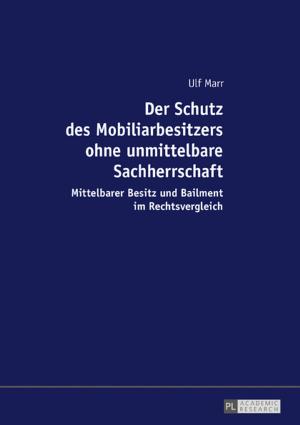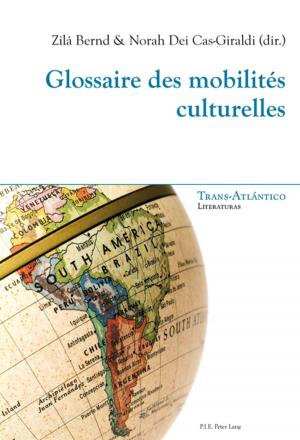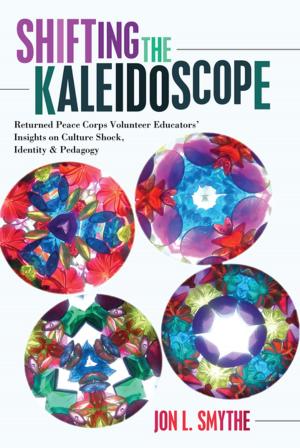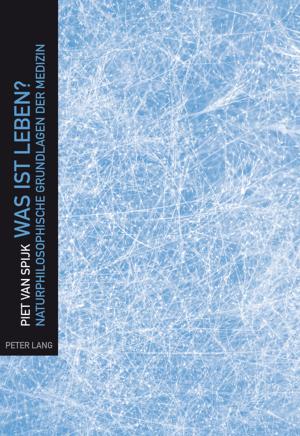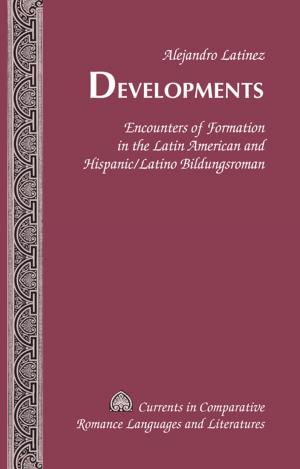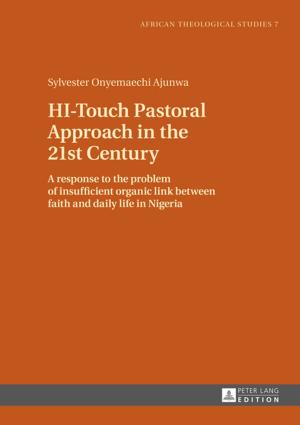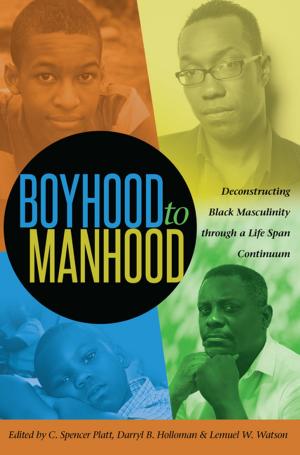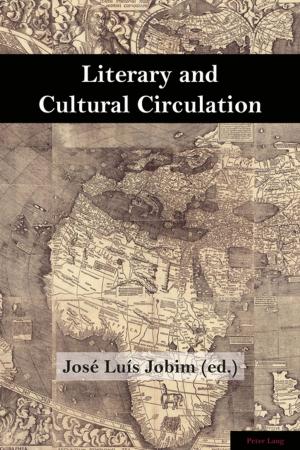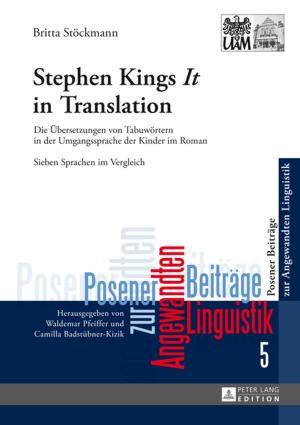Mircea Eliade
From Magic to Myth
Nonfiction, Religion & Spirituality, Judaism, Inspiration & Meditation, Spirituality| Author: | Moshe Idel | ISBN: | 9781454190738 |
| Publisher: | Peter Lang | Publication: | February 5, 2014 |
| Imprint: | Peter Lang Inc., International Academic Publishers | Language: | English |
| Author: | Moshe Idel |
| ISBN: | 9781454190738 |
| Publisher: | Peter Lang |
| Publication: | February 5, 2014 |
| Imprint: | Peter Lang Inc., International Academic Publishers |
| Language: | English |
Mircea Eliade: From Magic to Myth addresses a series of topics that have been neglected in scholarship. First and foremost, the book looks at the early Romanian background of some of Eliade’s ideas, especially his magical universe, which took on a more mythical nature with his arrival in the West. Other chapters deal with Eliade’s attitude toward Judaism, which is crucial for his phenomenology of religion, and the influences of Kabbalah on his early work. Later chapters address his association with the Romanian extreme right movement known as the Iron Guard and the reverberation of some of the images in the post-war Eliade as well as with the status of Romanian culture in his eyes after World War II. The volume concludes by assessing the impact of Eliade’s personal experiences on the manner in which he presented religion. The book will be useful in classes in the history of religion and the history of Eastern European intellectuals.
Mircea Eliade: From Magic to Myth addresses a series of topics that have been neglected in scholarship. First and foremost, the book looks at the early Romanian background of some of Eliade’s ideas, especially his magical universe, which took on a more mythical nature with his arrival in the West. Other chapters deal with Eliade’s attitude toward Judaism, which is crucial for his phenomenology of religion, and the influences of Kabbalah on his early work. Later chapters address his association with the Romanian extreme right movement known as the Iron Guard and the reverberation of some of the images in the post-war Eliade as well as with the status of Romanian culture in his eyes after World War II. The volume concludes by assessing the impact of Eliade’s personal experiences on the manner in which he presented religion. The book will be useful in classes in the history of religion and the history of Eastern European intellectuals.

